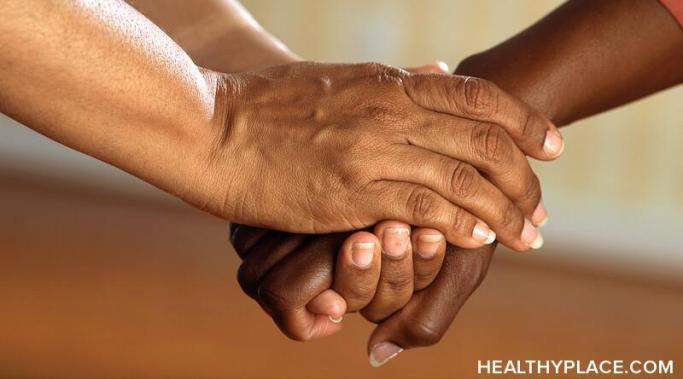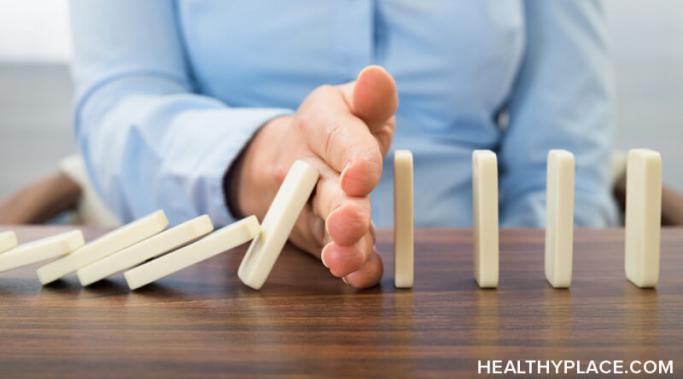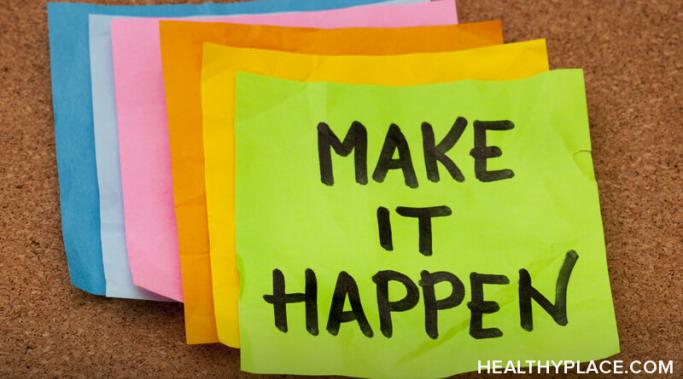Blogs
For the longest time, I felt something was wrong with me. While most kids my age loved noisy parties and socializing, I preferred quiet one-on-one conversations and the company of books. In tenth grade, when an unimaginative bully called me "boring," I took her jibe to heart. It took me a couple of years to realize she was dead wrong. I am not boring; I am an introvert. And there is nothing wrong with being an introvert.
I fell into habit tracking because in a world that is constantly changing, having clearly defined action steps is comforting. I’m able to trick my mind into creating a productive routine that feels more like a game than a chore. Sticking to healthy routines has a tremendous, positive impact on my mental health, and it’s never been easier to do because I found a way that I enjoy (because who doesn’t like the feeling of being able to check off boxes?)
In my life, setbacks have been a recurring theme. They are unexpected twists in my mental health journey. Embracing setbacks has been a transformative experience, prompting me to reconsider their nature and my response to them.
A few weeks ago, a friend asked me to edit an article about a topic that was unfamiliar to me. I agreed to do this, not knowing how complex the text would be. After a few minutes, I stressed out about why I couldn't comprehend the content. My stress soon morphed into anxiety, pounding my head with thoughts like, "I'm so stupid" and "If I can't edit this piece, my friend will be disappointed." I was tempted to give up and apologize to my friend. But before I did, I remembered that my stress and anxiety didn't have to consume me. To learn more about my experience with stress and anxiety and how I have learned to deal with them, continue reading this post.
I know it can be hard to believe sometimes, but needing help with eating disorder (ED) recovery is not a sign of weakness. It's one of the bravest actions you can take. Internalized fears or anxieties might whisper in your ear that asking for help means you are a failure, a burden, or a lost cause. But I hope you can trust me on this: Those inner voices aren't telling you the truth.
What kind of compulsive gambler am I? Very quickly into my gambling escapades, I realized that each person’s journey is unique, and this is determined by their motivations, vulnerabilities, and circumstances. Looking back at my own experience, I see that I became an interplay of personality traits. Through the winning, losing, and desperation phases of my journey, my emotional struggles, personality, and attraction to the allure of gambling unlocked in me the chaser, escape artist, risk taker, denier, and isolationist.
When many people think of verbal abuse, they picture an angry person screaming insults or spewing vicious words. Unfortunately, verbal abuse doesn't have to include yelling or potential threats. Sometimes, a passive approach can be just as harmful to individuals experiencing verbal abuse.
Growth milestones for borderline personality disorder (BPD) recovery have been a gratifying evolution. Tracking my progress is like observing a baby's journey from crawling to walking and talking. This perspective has softened my self-judgment about living with mental illness, as I tend to be hard on myself.
Learning to say no after trauma can feel like stepping on someone's toes without stopping to apologize. In other words, it can feel harsh, cruel, rude, and downright awful to set a boundary or put your needs first. Through my experience enduring childhood sexual assault, I learned that my body was not my own. How could I possibly deny someone access to it?
Athletes participate in a wide variety of activities, from team sports to individual competitions. Consequently, verbal abuse can appear in any of these circumstances, creating stress and possible emotional harm to the athlete. Insults, name-calling, or put-downs will not make a swimmer move faster through the water or ensure a child will score a goal. In fact, the opposite often occurs. Athletes can suffer from low self-esteem and have increased self-doubt, hindering their athletic abilities.









Special thanks for the "trying". One of us has said "it is by trying that we succeed."